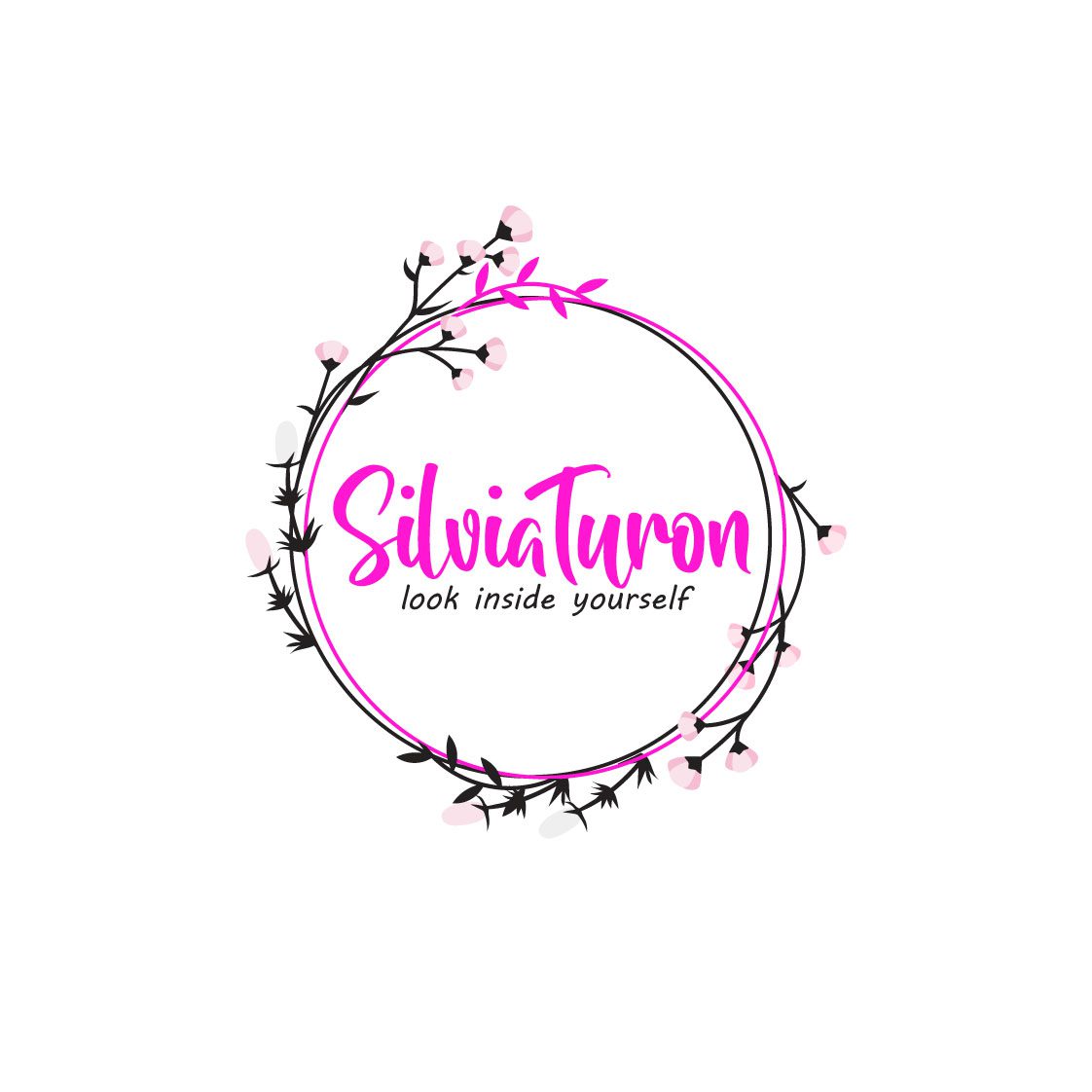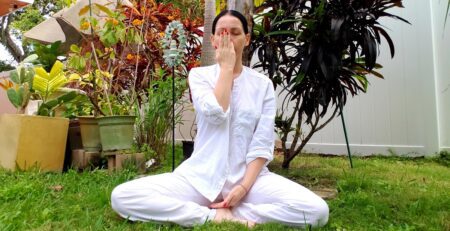A Simple Practice How To Live More Consciously
As I reflect on my healing journey, everything I did had its place in the process. Whether it was therapy, learning and understanding trauma, spiritual retreats, ceremonies, or courses – they all became the building blocks that got me to where I am today mentally, emotionally, and spiritually.
However, they didn’t seem to be the final answer to my healing, but rather an addition, a sort of stepping stone.
Since my mom passed away 2 months ago, my entire life has gotten out of control (or so it feels). I had to make significant changes in my life, change countries for a while, and take on things I had no idea how to deal with while navigating through the process called grief.
Amid all this chaos, nothing was working. My spiritual path was put to the test, and I felt that I was failing at it every day.
Then something my guru talks about ALL THE TIME hit me: The importance of living consciously.
Conscious living – what it looks like?
I see conscious living as being present with myself throughout the day. This allows me to respond and act the way I choose instead of on an impulse or a trigger.
It doesn’t mean that challenges won’t occur but rather how we respond to them.
Reacting to something is often unconscious and habitual. If you are triggered by something or someone and fire up in an old way, we can say you reacted unconsciously. However, if you experience the same trigger but choose to pause, look at it, and decide how you respond to it (even if you are emotionally fired up), it means you are approaching it consciously.
Responding is about considering what is going on, and then moving forward with more clarity and calm. It’s giving yourself time to process and act.
A simple practice to do every day before bed to embrace living consciously
Take a pen and paper or your favorite journal and reflect on the day.
Ask yourself, “When have I gone unconscious throughout the day? When did I react and let my emotions take over?”
Reflect on a specific situation without judgment (this is a crucial step since compassion and kindness towards yourself is extremely supportive for your healing), write down your observation, and then ask yourself:
How would I like to respond to this situation next time? What would a conscious response look like?
How becoming more conscious helps with healing
We have on average 60,000 thoughts in a day and about 80% to 90% of them are repetitive. Also, about 80% of them are negative. Although I am not entirely sure how our brain and mind work and why the negative perspective is what we naturally cling to, I know this.
We feel based on how we think. And we perceive our past, present, and future based on how we think about it. Therefore, if we have the same repetitive (unconscious), negative thoughts about what happened to us, it will be quite hard to move past it.
However, if we become more conscious of these thoughts and work with them when they show up, we can alter our perception about what happened to us, be more open to feel and process our emotions, and then focus on the lesson instead of the loss.
A lot of our healing stems from being more conscious and intentional about our thoughts and emotions.
What I found helpful when working with my repetitive and negative thoughts
One of the loudest emotions I experienced after my mom’s death was guilt. I bargained with myself and felt that I could have done more. Naturally, my mind wasn’t turning towards all the good.
Nope.
It went straight for the ugly.
That’s when the teachings of my guru helped me. Instead of thinking how horrible a daughter I was, I decided to examine these guilty thoughts with utmost consideration and question them. Then, I looked at the other side of the spectrum and focused on the beautiful things we experienced.
I decided to consider the whole picture while reflecting on how much of my unconscious thoughts were dragging me down. It also helped to understand that bargaining (“If I had done this, she might still be alive”) was a part of the grieving process.
Thoughts in and of themselves can’t heal us, but approaching our thoughts and emotions consciously prevents the unconscious spiral of self-sabotage and repetitiveness.
Living more consciously is a practice where you learn to respond not based on some old patterns or tendencies but based on your choice. That’s the power you hold to change your life.












Leave a Reply